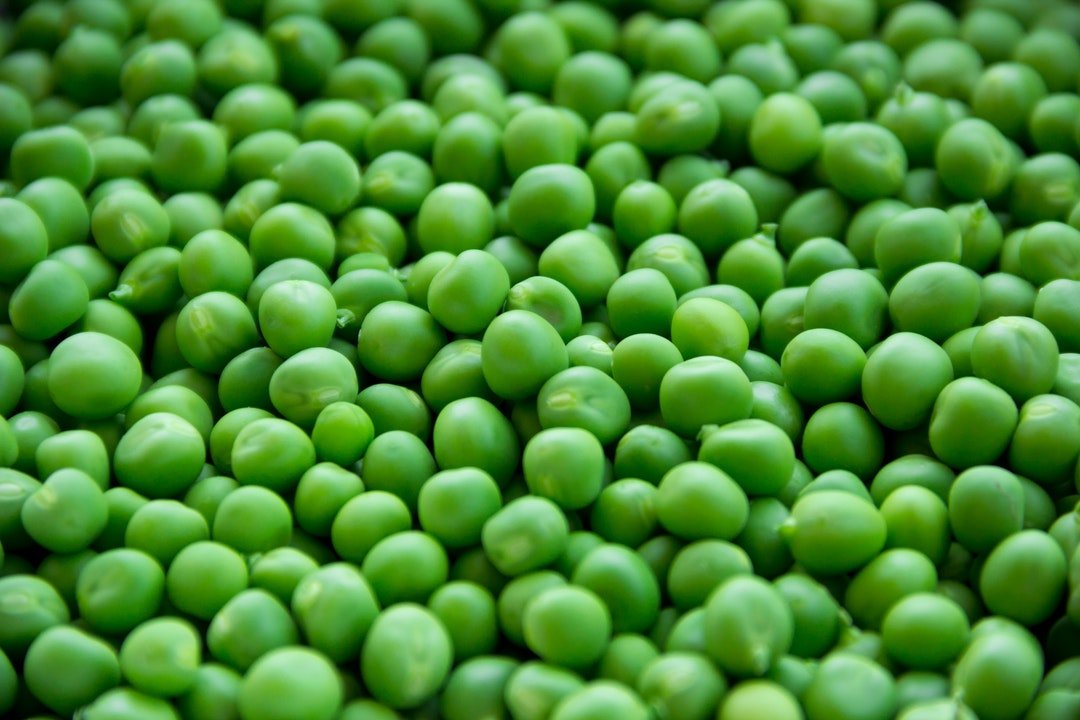Your cart is empty
Free shipping on all US orders


Free shipping on all orders

So, you’re looking for a plant-based protein source, are you? That’s great news! There are many more options for you to choose from when compared to just a few short years ago.
The bad news? There’s SO many more to pick from that you’re bound to experience some “analysis paralysis”
Relax- picking a good plant-based protein shouldn’t be rocket science, or if it is at least let us guide your rocket ship.

Here’s what you should consider when making your decision.

Not all protein powders are created the same. In fact, when it comes to plant-based proteins, this is especially true.
A complete protein is one which contains all the essential amino acids; the ones which the body requires but cannot manufacture by itself.
There are many types of plant proteins such as hemp, pea, rice, and soya. Out of the lot, soy-based proteins are the only true complete plant protein.
This aside, it is natural to believe that soy may be the best plant-based protein source, however, this is only half the story. Rice protein, for instance, is said to elicit an anabolic surge comparable to whey protein when taken in the post workout interval.
A great plan of action? Don’t limit yourself to any one type of protein. Try a few different types, and if you feel comfortable drinking them, feel free to combine and make your custom blended plant protein cocktail.
You may not be able to use all the different types of proteins that exist, for multiple reasons. An allergy may prohibit it, or you may dislike the texture or underlying taste.
Then there’s the consideration that dietary choices lead to, such as avoiding grain-based proteins if having Celiac disease or gluten sensitivity.
You might also be desirous of consuming only protein that is certified organic and non-GMO.
Most of the people that opt for plant-based proteins are vegetarians or vegans, without a doubt. As such, there is a high likelihood that the challenges that such persons experience still persist, especially in the micronutrient department.
This makes it critical to choose good protein sources that offer not only protein, but accessory vitamins and minerals that you may have a hard time obtaining.
For example, the rare and breakout protein that is pumpkin seed is a good source of calcium, iron, and potassium, while hemp seed protein is loaded with manganese, copper, and zinc, amongst many other nutrients.
Vitamin B12, thought to be non-existent in plant protein supplements, was recently found to be present in duckweed protein, an unknown newbie to the realm of sports nutrition.

You might expect these proteins to be high in carbs, but this isn’t the case. Most of these supplements are extracted from parts of the plant that are not known to be high in carbs, such as the seeds, and are produced in such a way to only preserve the desired constituents.
Most vegetarian proteins contain between 1-5g of carbohydrates per serving, which is excellent for when trying to stay or get lean.
Some protein sources are also fortified with fiber which may be reflected in the overall carb content, so just keep that in mind as it’s not a bad thing.
While we mentioned the fact that the total number of grams of protein per scoop is not the definitive end-all, it still carries significant value in making a product a good choice.
Depending on your particular discipline, your protein needs can start on the lower side as just about 0.5g per pound of lean body weight, and go all the way up to 2g per pound.
If you use a subpar protein powder, you risk wasting a lot of money and having to consume multiple scoops daily to supplement the total consumed via food.
How comfortable would you be consuming what tastes like wet cardboard for the rest of your life? Not anything to boast about, which is why you need to make the taste and texture of the protein powder you choose a priority as well.
For instance, soy protein is said to have a more natural gritty texture and does not completely dissolve in water.
Hemp protein, on the other hand, has a consistency closely resembling ground nuts, and a taste that can be called earthy. This may make it an excellent accompaniment to smoothies.
You just won’t know which one you prefer unless you try them all at one time or another.

Genetically modified organisms (including animal and plant-based foods) are everywhere. Modifications may lead to cheaper production costs for manufacturers, or bulk up the nutritional profile, but there’s also the possibility that it can yield undesirable effects once consumed.
Many people do not look for Non-GMO proteins, which can lead to problems down the line.
It should be clear by now that all protein powders are not the same. For instance, a difference in amino acid spectrums might mean that one is a better muscle builder, which another might be best for supporting weight loss.
In addition to this would be considerations into the speed of action of the protein powder, as timing is an important factor when it comes to post-workout nutrition.
Sustainable farming practices will ultimately determine the state of our planet 50 years down the line. It is important to choose a plant protein that is ecologically friendly in that it leaves a minimum impact on the environment.